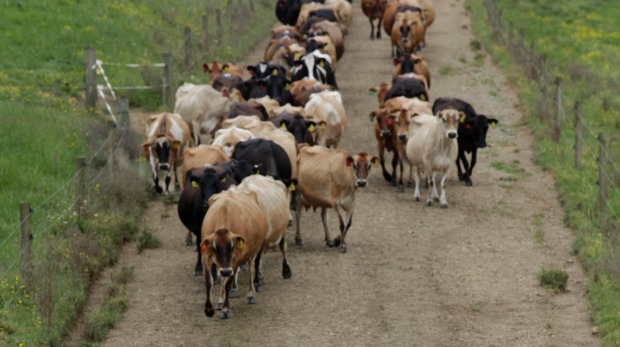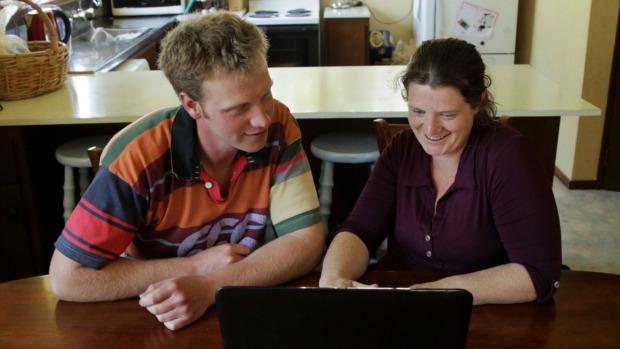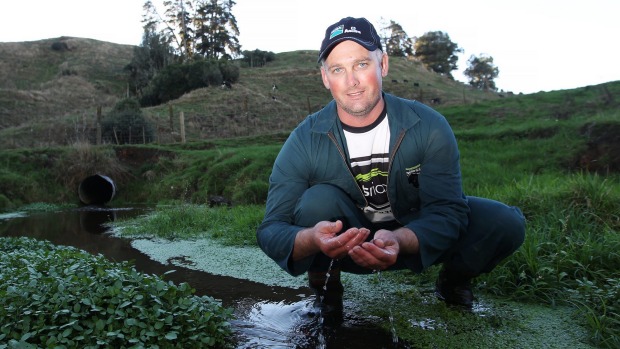
Source: Stuff
OPINION: It seems to me that Fonterra cannot pay its suppliers a decent milk price two seasons in a row.
Is this stating the obvious? Last season the company was paying its farmers a whopping $8.30/kg milk solids, then making it into value added products that less customers could afford while pinching its own value add profit margins in the meantime.
Are they still trying to sell these same expensively made value added products on a market overflowing with surplus milk pushing the prices down further? Is that why, notwithstanding the occurrence of some weird international economic event, two consecutive years of a high milk price is almost mutually exclusive?
Is that why the current milk price and dividend are so low? And does that mean there is a chance it might flip back to good later this year?
This is probably over simplified, but I am racking my brains to come up with an effective strategy to get through next season.
Do I beg the bank for a handout to get me through the next few months with no cash flow, but with all the expenses the beginning of a new dairy season brings? Do I buy in some supplementary feed and hope like mad there is enough money in the milk price to at least break even in a quest to guarantee the cows a decent start to the season?
Or do I impoverish myself and see if I can defer some lease payments until I have a cashflow and tighten my belt so hard, which will mean not fixing and registering my vehicles that are both off the road, not getting the milking machines checked or replacing any rubberware?
Well I could live with that, but the cops and the Fonterra shed inspector probably can’t. Of course I couldn’t afford any supplementary feed either and start my cows off on grass only, which will set the stage for the rest of the season and expose my cows condition and reproductive results to the vagaries of the weather.
It’s a hard choice but one that will probably be made for me by the bank manager who I am waiting to hear back from.
Either of those strategies could be the way to go. The latter will be tough on me and my daughter and the cows and leave me with egg on my face should payments prove to be better than expected.
All the belt tightening will be for nought, as being able to afford supplementary feed later in the season is a waste of time if your production levels are low, reflecting the low input (either by too many cows not getting enough feed or, if I cull, not enough cows to maintain feed quality and no resources to do it mechanically.)
Or if I go for the former, riskier option and invest money I don’t have in preparing for the season in a positive manner and then the milk price doesn’t improve or falls lower then financially, I would have nowhere to go as unsurprisingly, banks are not an endless supply of money.
Business analysts are saying that the low milk price is great for sorting the men out from the boys and that a lot of monkeys will be leaving the ring and that is all well and good if they are European monkeys. It is not so good if they are New Zealand monkeys.
To be honest I am feeling a bit ape-like myself as my business is not robust and as a leasee rather than a land-owner my assets – cows and crappy machinery – are not seen by the banks as very good for leverage.
So that is what’s keeping me awake these nights.





